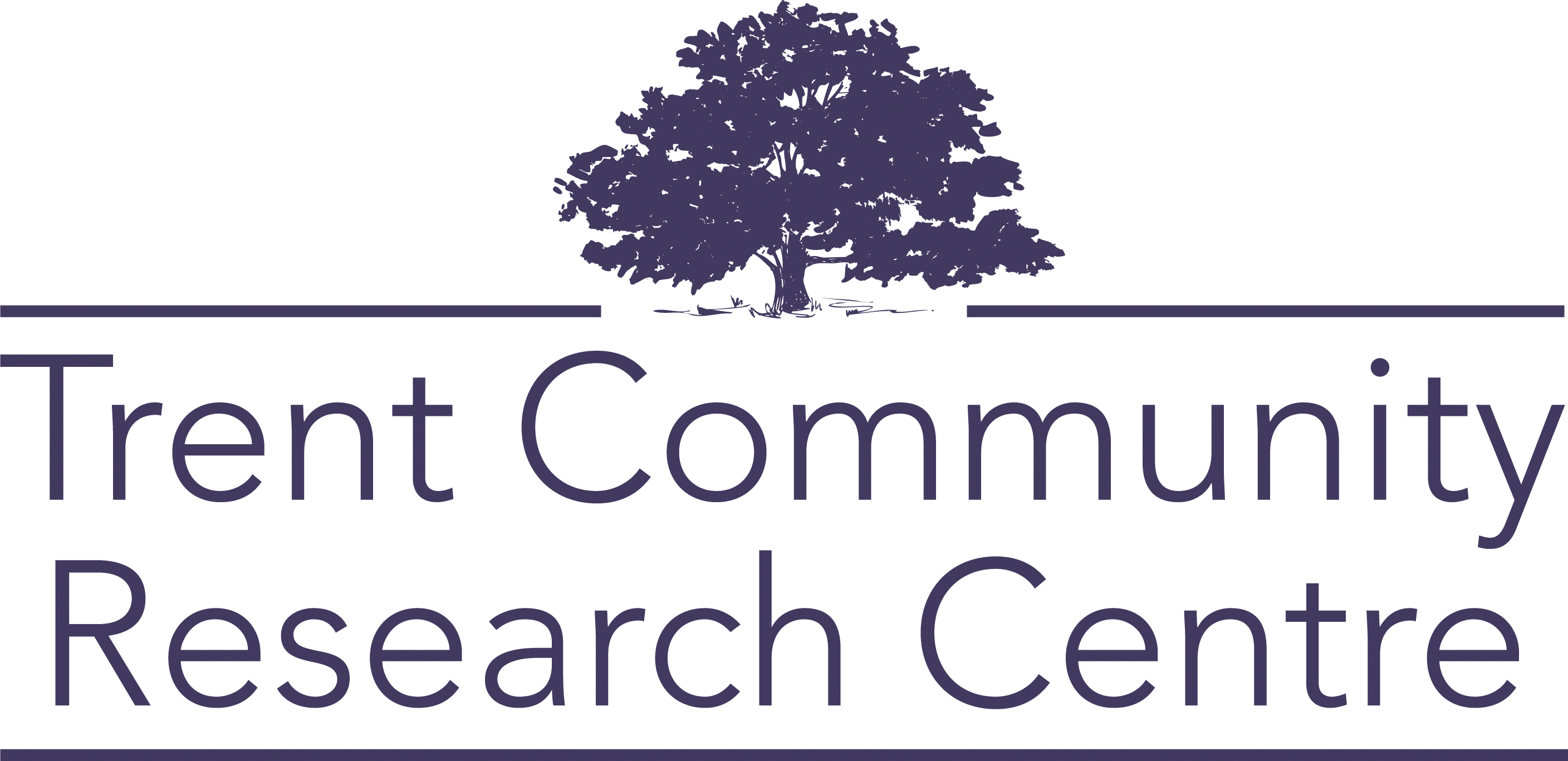Unit 1: Defining research priorities with the community
In this unit, we discuss where community research ideas can come from, ways to understand and interpret community ideas, and ways to make sure you’re doing research projects that work for everybody.
Unit 2: Partners in a partnership
This unit introduces the types of partners that can work together on community-based research projects. We learn that, when diverse people work together, power differences need to be recognized and addressed throughout a project. We also look at the needs and roles of these partners, and some of the challenges in putting community needs first.
Voices from the Field
Community Questions
Teaching Case
Case Study: Community Questions
Mike is doing a joint degree in computer science and business administration. He spent the summer working for the Humane Society. His job for most of the summer was boring. He typed information about donors, pet adopters, partners and other stakeholders into a database that the Humane Society had used for years. It was the first job he’d had related to his degree and he was keen to impress the organization and do his best, even though he only made minimum wage.
Mike had taken some courses on databases and various relationship management tools and had some ideas for improving the system. Toward the end of the summer, he approached his boss about with the idea of adopting a new database and system for managing the Society’s relationship with their users, donors and other stakeholders. His boss was impressed! So much so that his boss - who already had a full plate of projects and other priorities - asked whether Mike would stay on part time during the school year to research the criteria for evaluating several off- the-shelf software packages, help write a request for proposals, and ultimately help select a local consultant to implement the software. He offered him a raise to boot! His boss figured that one day a week would keep the project moving forward.
The wrinkle was that Mike had failed a course in first year and needed to take an extra credit this fall. He wasn’t sure he’d have the time to do both the extra credit and keep working.
Mike had an idea. He knew about a community-based course, where students worked with a community organization on a project and this counted toward
a course credit. He knew that he couldn’t be paid if he did it as a credit but wanted to do the work. He figured he could do the work for free and earn the extra credit that he needed so he met with the professor who ran the community-based research course in his department. He explained that he’d found a great project, namely to research and help implement the database, and wanted to register for the course to do it.
The professor described the typical process for the community-based research course. First, community organisations were invited to propose project ideas to the professor in the spring and summer for students to pursue as research projects in the next academic year. Then students were given a chance to select projects from among these, and both student interest and capability were taken into consideration in matching students to projects.
Mike explained that his boss hoped he’d continue working on it into the fall. He wasn’t trying to short-change any of the course requirements and was happy to work hard to earn the credit, all the while supporting the Humane Society. This was an interesting project for Mike, and it served a real community need.
Despite sensing Mike’s keenness and knowing this would be a good project, the professor suggested that there were a few complications. First, it was Mike who was proposing the project rather than the Humane Society. Second, there was already a waiting list of organisations with projects that weren’t likely to get matched this academic year. The community demand was simply higher than the course could handle. Third, the professor wasn’t sure how to differentiate between the work Mike had done in the summer with the work he’d be doing during the academic year.
But Mike really wanted to do this project. If he couldn’t get academic credit for doing the work, he’d have to drop a course and take the project on as a part-time job, but that meant he’d have another term of school and tuition to graduate.
- Is this a community-based research project that Mike should be allowed to pursue for university credit?
- Is there any middle ground?
- Who gets to decide about these projects?
- If it’s the professor who makes the decision, why do they get the power to decide? Who is representing the community in these decisions?
- What are some steps that might help find a middle ground for this project, if at all?
Next Module: Partnership in Research
Back to Main Page
Licensing

Except where otherwise noted, content on this site is licensed under a Creative Commons Attribution 4.0 License.
Where indicated, images, video, and audio have some rights reserved, and you must obtain permission from the copyright owner to use this material.






